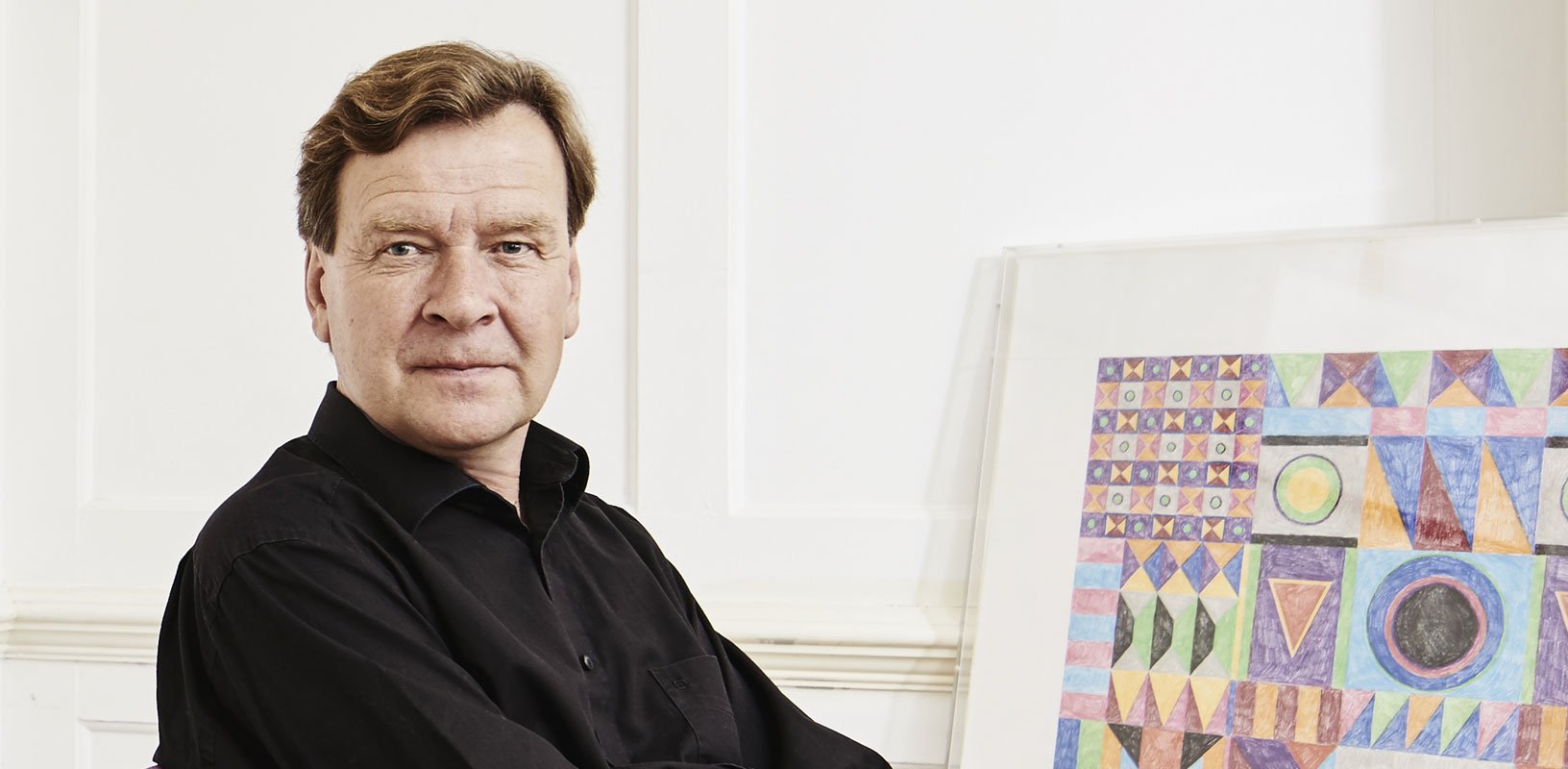Magnus Lindberg’s Absence: in conversation with Beethoven

October brings the world premiere in Rotterdam of Absence by Magnus Lindberg, inspired by Beethoven’s conversation books. The new orchestral work travels on for performances in Dallas, Bournemouth and Cologne.
Magnus Lindberg’s new orchestral work Absence, contributing to the 250th anniversary celebrations for Beethoven’s birth, receives its premiere on 8 October with the Rotterdam Philharmonic Orchestra conducted by Lahav Shani. The compact nine-minute work, scored for a Beethoven-sized orchestra, receives five performances at De Doelen in Rotterdam between 8 and 11 October, programmed in short concerts with Mozart’s Seraglio Overture and Jupiter Symphony. The orchestra tours the Lindberg work to the Philharmonie in Cologne on 30 November for its German premiere.
In November Absence receives its US and UK premieres: Marin Alsop conducts the Dallas Symphony in four performances between 5 and 8 November with small live audience and video streaming on demand, and Kirill Karabits is on the rostrum with the Bournemouth Symphony Orchestra at The Lighthouse in Poole on 11 November with distanced audience in the venue and a livestream on demand for 30 days.
Magnus Lindberg’s programme note for Absence explains how the work grew from reading Beethoven’s conversation books, combining notes from acquaintances engaging with the deaf composer and personal jottings acting as aides memoires: “What struck me when reading the fascinating Konversationshefte of Beethoven, was how the themes ranged from household practicalities or where to find the best ‘kaffeehaus’ to sublime philosophical matters.”
“These sharp contrasts were how he lived, always able to change mood within a second. Beethoven seemed to be nervously adapted to this: going from the unexpected to the next unexpected seemed perfectly natural. So from this I was inspired to embrace contrast rather than avoid it, with no fear of sharp cuts.
“It was not, and could never have been the intention for me as a 21st-century composer to try and remake a masterpiece à la Beethoven. That would be just ridiculous. But, what I could do was to bring up some Beethovenian quotes, as you do when politely asking about an idea which your much more experienced colleague has raised. What does this quote actually mean and how can it be interpreted?
“As for quotes from his music, I wanted to only use a few, namely the eleventh bar of the slow movement in the Piano Sonata “Les Adieux” op. 81a, the astonishing sequence at the end of the first movement of the Second Symphony with the rising chromatic bass line covering the entire octave, and the opening chord of the Finale of the Ninth Symphony. The utterly modern ‘dissonances’ speak for themselves and the conversation is happening in the music. As it should.”
This month also brings the UK premiere of Lindberg’s Cello Concerto No.2, livestreamed from the Royal Festival Hall on 28 October by Anssi Karttunen and the London Philharmonic Orchestra conducted by Joshua Weilerstein. Lindberg’s setting of French, German and American interrogation texts, Accused, is performed at the Barbican on 6 November. Soprano Anu Komsi is soloist with the BBC Symphony Orchestra and Sakari Oramo in the first performance of a new reduced scoring for smaller orchestral forces, ideal for restricted stage layouts after lockdown.
> Further information on Work: Absence
Photo: Philip Gatward
